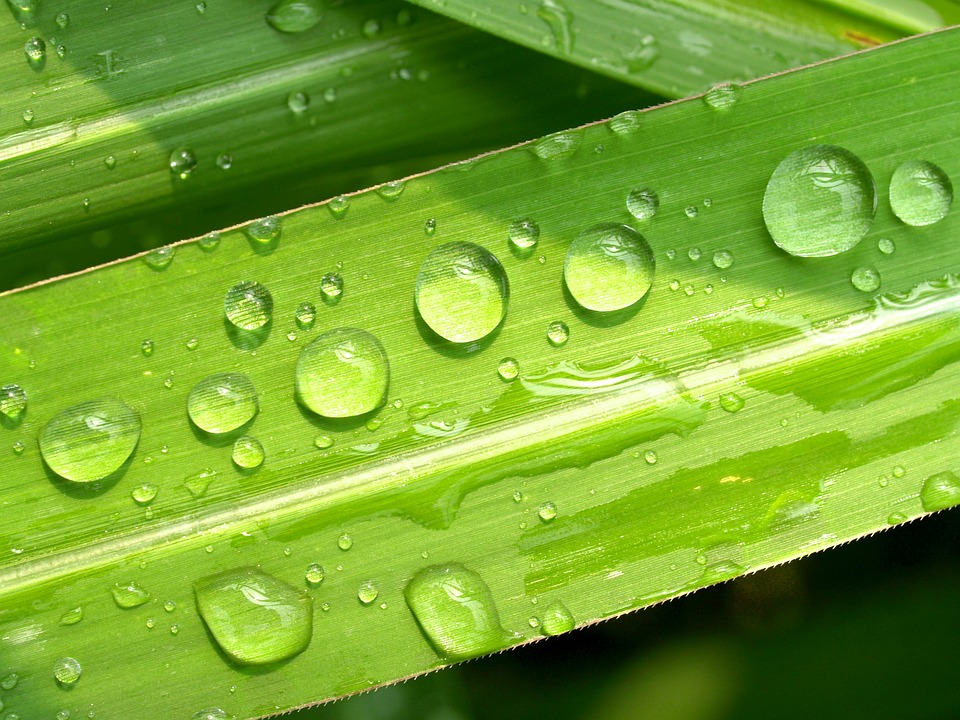How Does Global Warming Affect Humans? Understanding the Impacts on Health, Economy, and Society
Global warming, primarily driven by human activities such as fossil fuel combustion and deforestation, is causing significant changes to Earth’s climate. These changes have far-reaching effects on human life, impacting health, the economy, and societal structures. Understanding these impacts is crucial for developing effective responses to mitigate the adverse effects of climate change.
Health Impacts of Global Warming
Heat-Related Illnesses
Rising global temperatures increase the risks of heat-related illnesses such as heatstroke and dehydration. Vulnerable populations, including the elderly and those with pre-existing health conditions, are particularly at risk. Heatwaves are becoming more frequent and intense, leading to higher mortality rates during extreme heat events.
Air Quality and Respiratory Issues
Warmer temperatures exacerbate air pollution by increasing ground-level ozone formation. This deterioration in air quality leads to respiratory problems and worsens conditions like asthma. Additionally, increased pollen levels due to longer growing seasons can trigger allergies and respiratory issues.
Spread of Diseases
Global warming facilitates the spread of vector-borne diseases like malaria and dengue fever. As temperatures rise, disease-carrying insects expand their habitats into new regions, increasing the risk of outbreaks in areas previously considered safe from such diseases.
Economic Consequences
Impact on Agriculture
Changing weather patterns and extreme weather events disrupt agricultural production. Droughts and flooding can lead to crop failures, resulting in higher food prices and increased food insecurity. This instability particularly affects communities that rely heavily on agriculture for their livelihoods.
Damage to Infrastructure
Rising sea levels and more frequent extreme weather events threaten infrastructure, including roads, buildings, and power systems. The costs associated with repairing this damage can be substantial, straining local economies and diverting funds from essential services.
Job Losses and Economic Displacement
Certain sectors such as agriculture and fishing are increasingly vulnerable to climate change impacts. As these industries suffer due to changing environmental conditions, job losses occur, leading to economic displacement for workers in these fields.
Effects on Water Resources
Water Scarcity
Prolonged droughts and altered rainfall patterns contribute to water scarcity. This shortage affects drinking water supplies and agricultural irrigation, exacerbating food insecurity in already vulnerable regions.
Impact on Freshwater Sources
Melting glaciers and reduced snowfall diminish freshwater availability for communities that depend on mountain snowmelt for their water supply. This decline poses significant challenges for both drinking water access and agricultural practices.
Social and Community Disruption
Climate Migration
Extreme weather events, rising sea levels, and resource scarcity are driving people to relocate, creating “climate refugees.” This migration can lead to overcrowding in receiving areas, intensifying competition for resources like land and water.
Increased Conflict and Resource Competition
Resource scarcity often leads to heightened tensions between communities competing for dwindling supplies. For example, disputes over land use can escalate into violent conflicts, particularly in regions already facing socio-economic challenges[1][4].
Impact on Indigenous Communities
Global warming significantly disrupts traditional ways of life for Indigenous populations who depend on local ecosystems. Changes in climate affect their cultural practices, food sources, and overall community stability.
Mental Health and Well-Being
Anxiety and Eco-Grief
The psychological impacts of climate change include rising levels of eco-anxiety—fear about environmental degradation—and grief related to loss of familiar landscapes or traditional ways of life. These mental health challenges are compounded by the stress associated with natural disasters.
Stress from Climate Disasters
Frequent natural disasters lead to psychological stress and trauma among affected populations. The long-term mental health implications can include anxiety disorders, depression, and post-traumatic stress disorder (PTSD).
Long-Term Implications for Future Generations
The compounding effects of global warming predict increasingly severe challenges for future generations. Without significant action to mitigate climate change, young people will face heightened risks related to health, economic stability, resource availability, and social cohesion.
FAQs
– How does global warming affect the global economy?
Global warming disrupts agriculture, damages infrastructure, leads to job losses in vulnerable sectors, and increases costs associated with disaster recovery.
– What are the health risks associated with global warming?
Increased heat-related illnesses, respiratory issues from poor air quality, and the spread of vector-borne diseases are significant health risks linked to climate change.
– How are children impacted by climate change?
Children face risks from health issues related to heat exposure, food insecurity due to agricultural disruptions, mental health challenges from climate-related stressors, and displacement due to extreme weather events.
– Can global warming increase poverty?
Yes, by exacerbating food insecurity, damaging infrastructure vital for economic stability, and leading to job losses in key sectors like agriculture.
– What is the role of governments in protecting people from climate impacts?
Governments can implement policies aimed at reducing emissions, enhancing adaptive capacity in vulnerable communities, providing disaster relief resources, and facilitating relocation when necessary.
Conclusion
Global warming significantly affects human life across various dimensions—health risks increase alongside economic instability while societal structures face unprecedented challenges. Urgent action is required to mitigate these impacts not only for current populations but also for future generations who will inherit a changing planet.

Kyle Whyte is a notable scholar and professor at the University of Michigan, holding positions such as the George Willis Pack Professor in the School for Environment and Sustainability and Professor of Philosophy. Specializing in environmental justice, his work critically examines climate policy and Indigenous peoples’ ethics, emphasizing the nexus between cooperative scientific endeavors and Indigenous justice. As an enrolled Citizen Potawatomi Nation member, he brings a vital perspective to his roles as a U.S. Science Envoy and member of the White House Environmental Justice Advisory Council. His influential research is supported by various prestigious organizations including the National Science Foundation, and disseminated through publications in high-impact journals. Kyle actively contributes to global Indigenous research methodologies and education, with affiliations to numerous institutes and societies dedicated to traditional knowledge and sustainability. Recognized for his academic and community engagement, Kyle has earned multiple awards and served in various visiting professorships. His efforts extend to leadership positions on boards and committees focused on environmental justice nationwide.
